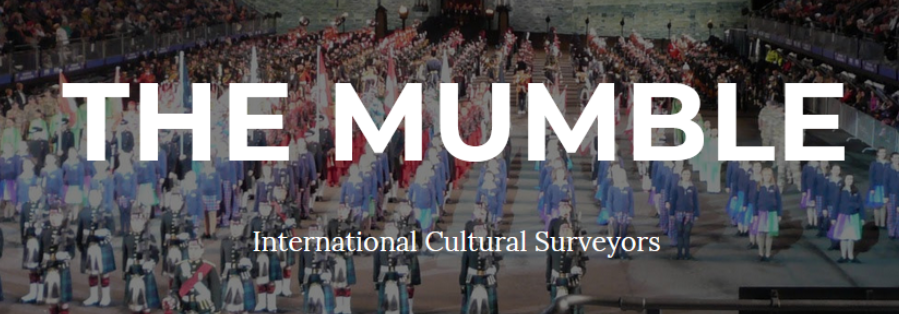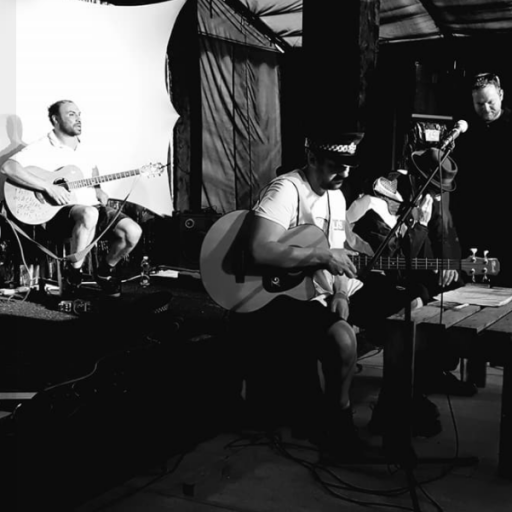Letter to Boddah

theSpace @ Surgeons Hall
Aug 9-12, 14-26
Maxima Debetur Puero Reverentia
Boddah was Kurt Cobain’s imaginary childhood friend whom he wrote a letter to before committing suicide at the relatively young age of 27. This one act play, Letter to Boddah (by Sarah Nelson), is a suicide note of sorts but don’t worry, it’s also a comedy. Therein lies its greatest strength which is of course a big challenge, to play both sides, light and dark, entertaining in the middle of the day whilst also respecting the dramatic premise. This play achieves that superbly well given that it’s genuinely funny as well as being profoundly dark – and the audience responded accordingly.
The comedic elements, for me, were the most powerful because they had the effect of loosening up the audience so that darker material can be explored. That is this play’s strength – it doesn’t depress the audience but is still highly dramatic and respectfully explores the characters’ plight. That was the element I found most disturbing, even more than the situation of the piece – two young men in a public toilet in Tesco with explosives and ill-intent. As I was charmed by the characters, I had to keep reminding myself of the dark events unfolding.
This is a great example of writing that connects regular life, which we want so badly to be joyful, with the broader narrative underway in wider society, which at the moment is suffering immensely from decades of austerity. The setting of a disabled toilet in Tesco serves as a metaphor for the dysfunctional container that is predatory neoliberal capitalism in Britain. The characters are incited to act against the forces that oppress them, which in combination with continual references to their stifling domestic life and history of trauma, represents the fraying ends of the social fabric. These young men, bursting with masculine humanity, find themselves with nothing but pain and regret from a world that has no place for them. They clearly have all the pieces within to make positive contributions to society but society has left them no way out but to reach for violence as self-expression.

If that sounds bleak, that’s because it is and so it should be because this is daring theatre – instructive, discomforting and unafraid to go to a dark place so that we might open our hearts to those who struggle. My instinct to laugh and reach for the positive and resist what was happening, exposed the human bias to ignore the suffering of others because it’s unpleasant. What does that say about the compassion of society itself? We’re exposed to tragedies in the news and on the street, on a daily basis. We could do more yet we laugh and turn away.
That, to me, was the ultimate tragic premise that I drew from the piece. I couldn’t help noticing that I wanted to learn more about how bad their history must have been in order to fully believe they could be alienated enough to commit violence. Some of the flashbacks and allusions I found a little clunky with the result being that I don’t think the play elucidates the “why” for the characters enough. However, maybe that’s the point. I left the theatre with the questions of “why” and “how” clinging to me, dogging me, which admittedly did make me realise that is often a natural human state – to not be able to empathise and really understand why enough to help people in crisis.
The actors have pretty much the hardest challenge in acting, to play an authentic extremist – deluded enough to believe violence can be a useful contribution but also human enough to be relatable and understandable. Kyle Fisher and Jordan Reece navigate this gauntlet admirably, maintaining enormous energy and commitment throughout. It’s a tightrope they successfully managed to traverse, given that if they are “too real”, the comedy might not work and the audience could close up – losing the power of balancing comedy with tragedy. Instead, they are able to inspire the laughs and shift gears to embody the dark reality of the experience. Impressive.
Prepare to be challenged. The play is a clarion call for compassion. How could things every get this bad for these characters, for this generation, and we have seriously not been able to do more? Like the Greek tragedians millennia ago, the vital role of negative character arcs and protracted adversity on stage, is such that we might fully be confronted by the story and thus confront our own nature.
Stuart Bruce
Posted on August 9, 2023, in 2023. Bookmark the permalink. Leave a comment.




Leave a comment
Comments 0